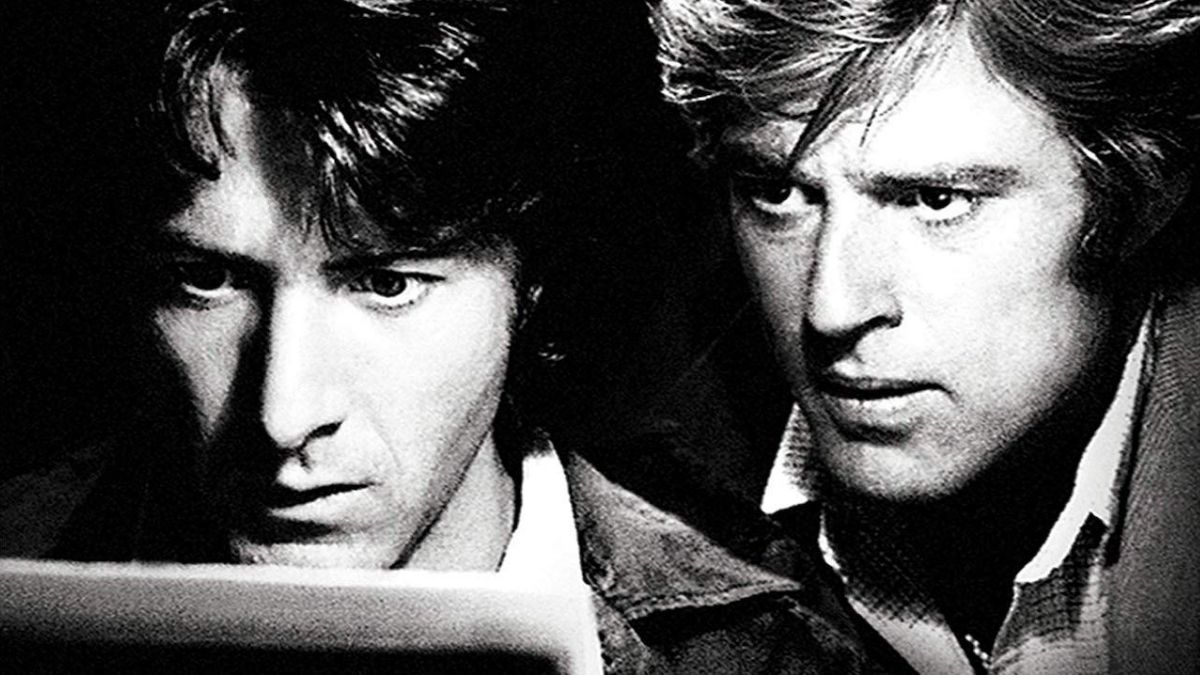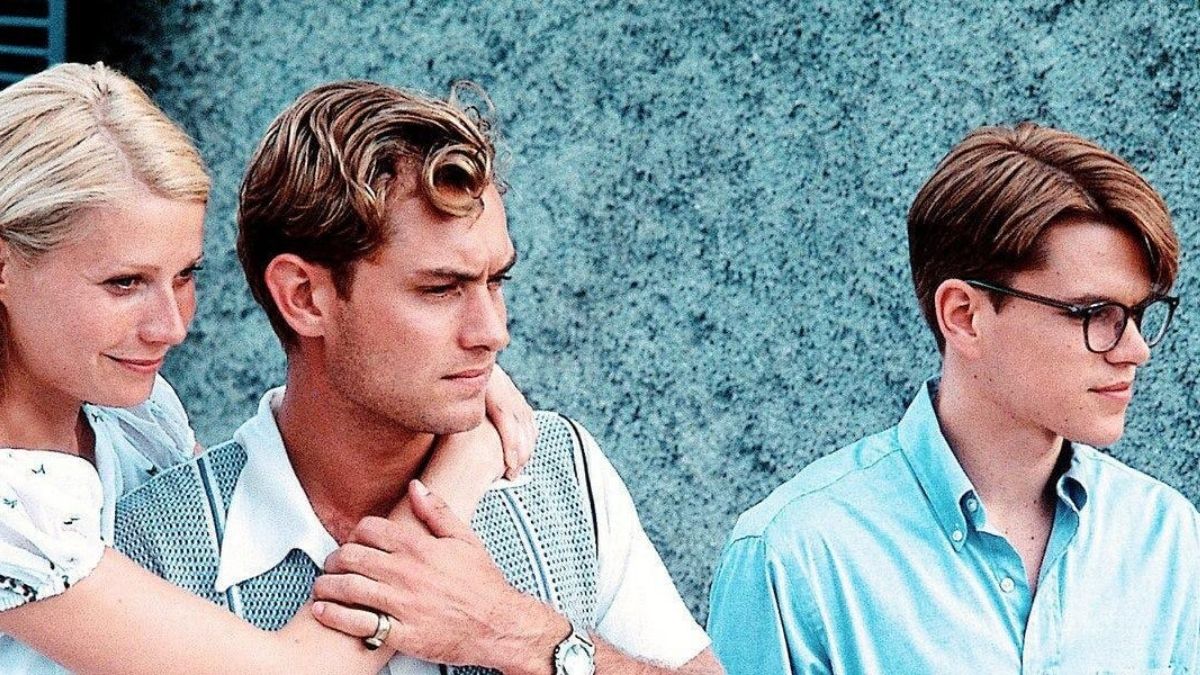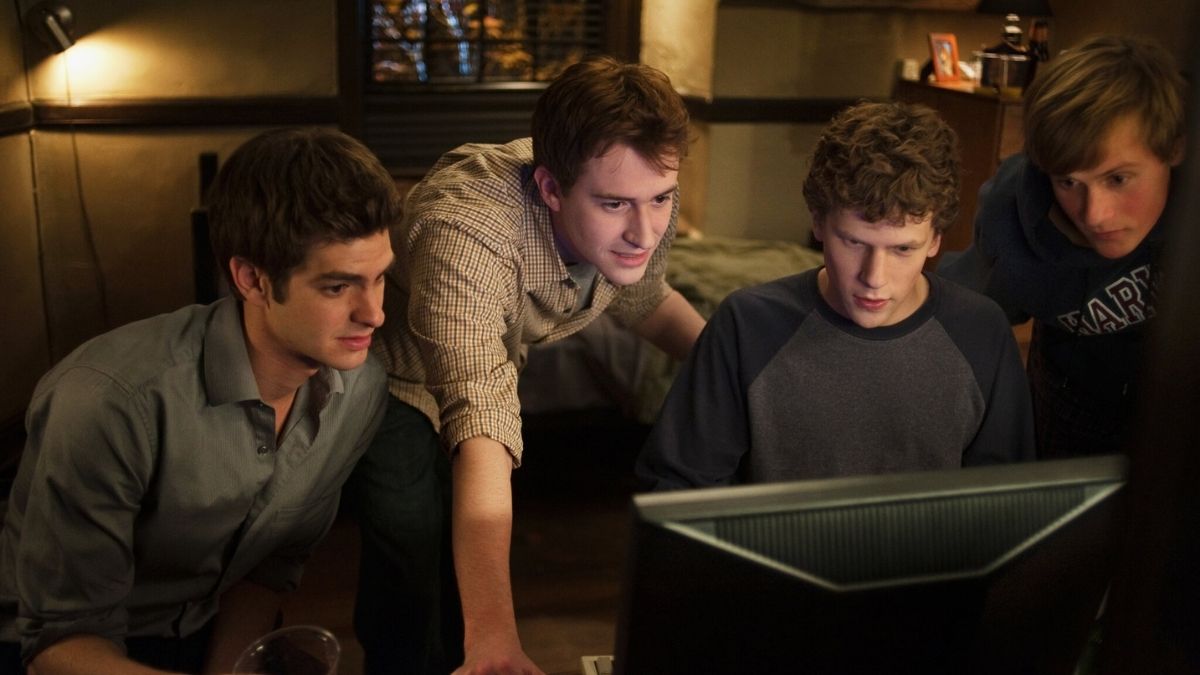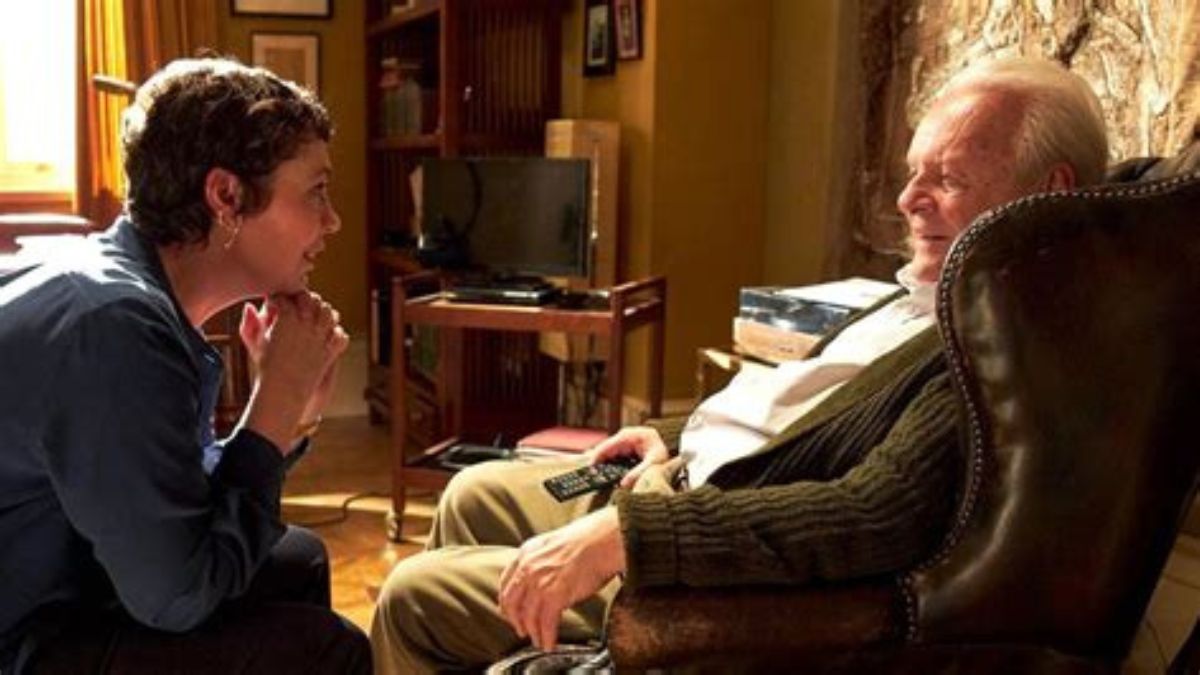Matthew
Matthew Monologues
Gareth used to prefer funerals to weddings. He said it was easier to get enthusiastic about a ceremony one had an outside chance of eventually being involved in. In order to prepare this speech, I rang a few people, to get a general picture of how Gareth was regarded by those who met him: 'Fat' seems to have been a word people most connected with him. 'Terribly rude' also rang a lot of bells. So very 'fat' and very 'rude' seems to have been a stranger's viewpoint. On the other hand, some of you have been kind enough to ring me and let me know that you loved him, which I know he would have been thrilled to hear. You remember his fabulous hospitality, his strange experimental cooking: the recipe for "Duck à la Banana" fortunately goes with him to his grave. Most of all, you tell me of his enormous capacity for joy. When joyful, when joyful for highly vocal drunkenness. But I hope joyful is how you will remember him, not stuck in a box in a church. Pick your favourite of his waistcoats and remember him that way. The most splendid, replete, big-hearted, weak-hearted as it turned out, and jolly bugger most of us ever met. As for me, you may ask how I will remember him, what I thought of him. Unfortunately, there I run out of words. Perhaps you will forgive me if I turn from my own feelings to the words of another splendid bugger: W.H. Auden. This is actually what I want to say: "Stop all the clocks, cut off the telephone, Prevent the dog from barking with a juicy bone. Silence the pianos and with muffled drum, Bring out the coffin, let the mourners come. Let the aeroplanes circle, moaning overhead, Scribbling on the sky the message 'He is Dead'. Put crepe bows 'round the white necks of the public doves, Let traffic policemen wear black cotton gloves. He was my North, my South, my East and West, My working week and my Sunday rest; My noon, my midnight, my talk, my song. I thought that love would last forever; I was wrong. The stars are not wanted now; put out every one, Pack up the moon and dismantle the sun; Pour away the ocean and sweep up the wood, For nothing now can ever come to any good."
Matthew Monologues
Yes, I'm drunk. And you're beautiful. And tomorrow morning, I'll be sober but you'll still be beautiful.
I think you're lucky. Um, I wish my parents were that nice.
I was one of the insatiables. The ones you'd always find sitting closest to the screen. Why do we sit so close? Maybe it was because we wanted to receive the images first. When they were still new, still fresh. Before they cleared the hurdles of the rows behind us. Before they'd been relayed back from row to row, spectator to spectator; until worn out, secondhand, the size of a postage stamp, it returned to the projectionist's cabin. Maybe, too, the screen was really a screen. It screened us... from the world.
I don't believe in God; but, if I did, he would be a black, left-handed guitarist. This is not Chaplin and Keaton. This is Clapton and Hendrix.
Clapton reinvented the electric guitar? Clapton plugs in a guitar, he plugs in an electric guitar and he plays it like an acoustic guitar. Hendrix plugs in an electric guitar, he plays with his teeth. There are soldiers in the Vietnam War right now. Who are they listening to? Clapton? No, they're listening to Hendrix. The guy who tells the truth.
The first time I saw a movie at the cinématèque française I thought, "Only the French... only the French would house a cinema inside a palace."
I think you prefer when the world "together" means not "a million," but just two.
I thought you had many lovers. I mean when I saw you for the first time, at the Cinématheque, you and Theo, you looked so cool, so sophisticated. Like a movie star.
I could hear my heart pounding. I don't know if it was because I'd just been chased by the police or because I was already in love with my new friends. As we walked and talked and talked and talked, about politics, about movies, and why the French could never come close to producing a good rock band... I didn't want that night to ever end.
You play these little games. I wish you could step out of yourselves and just - look.
I don't believe in God, but if I did, he would be a black, left-handed guitarist.
As we walked, we talked and talked and talked about politics, about movies, and about why the French could never come close to producing a good rock band.
It makes films like crimes, and directors like criminals.
I was just fidgeting with Isabelle's lighter. And I wasn't really realizing and I noticed and I thought it was rude so I put it down on the table. But, I put it diagonally across one of these squares. Do you see? Look, that's when I noticed the lighter's length is exactly the same length as the diagonal itself. So, I put it lengthwise, along the outside edge. Look, it fits there too. But, it fits there. And it fits like this. And like this. And this way too. And I bet you, I bet you if I split it in half, wait a minute, it's got to fit somewhere. I mean, it really fits anywhere. Look, you see? I was noticing that the more you look at it, everything, this table, the objects on it, the refrigerator, this room, your nose, the world, suddenly, you realize that there's some sort of cosmic harmony of shapes and sizes. I was just wondering why? I don't know why that is. I know that it is.
We hardly left the apartment any more. We didn't know or care if it was day or night. We felt as if we were drifting out to sea, leaving the world far behind us.
It was Henri Langlois who prayed at the cinematic and it was because he liked to show movies instead of letting them rot in some underground vault, to show any movies: good, bad, old, new, silents, westerns, thrillers; that all the New Wave film makers came here to learn their craft. This is where modern cinema was born.
Yes, you do. There's something going on out there. Something that feels like it could be really important. Something that feels like things could change. Even I get that! But, you're not out there. You're inside, with me, drinking expensive wine, talking about film, talking about Maoism. Why?
Then why don't you think of Mao as a great director making a movie with a cast of millions? All those millions of Red Guards marching together into the future with the little red book in their hands. Books, not guns. Culture, not violence. Can't you see what an epic, big movie that would make?
Langlois had been sacked by the Government and it seemed like every film buff in Paris had turned out in protest. It was our very own Cultural Revolution.



